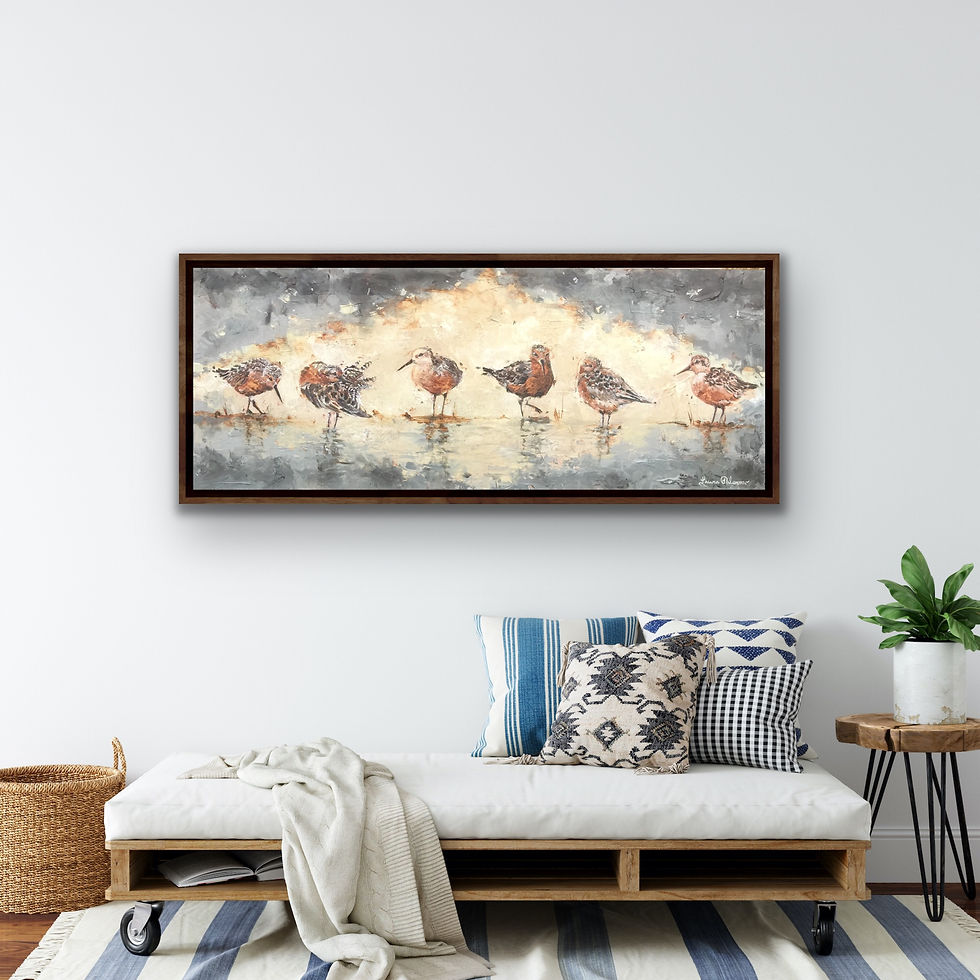Red Knots are a type of sandpiper local to the southern and northern most shores of North America and are renowned for their extraordinarily long distance migrations. Over-harvesting of horseshoe crab eggs, their essential food source, has caused their population to plummet from 100,000 to less than 15,000 in the past 30 years. This sudden drop in population has left the Red Knots to be listed as an endangered species in some states and as a declining species nation-wide.
Horseshoe crabs are being harvested for two reasons. The obvious reason is that the fishermen are catching them to use as bait. However the main reason they are being harvested is for their blood. Horseshoe crab blood is bright blue and has copper-based molecules that prevent bacteria from spreading. The U.S. Food and Drug Administration (FDA) requires that intravenous drugs and any medical equipment coming in contact with the body must first pass through the crab's blood, from needles to surgical implants including pacemakers. As a result, thousands more of us survive medical procedures.
Over 600,000 crabs are captured each year during the spring mating season, to "donate" around 30% of their blood in a handful of specialist facilities in the United States and Asia. The blood is worth $60,000 a gallon in a global industry valued at $50 million a year.
Legislative and regulatory reforms are being sought out to encourage the adoption of an already available synthetic alternative to the use of horseshoe crab blood in biomedical testing. A coalition of leading conservation groups and businesses has formed a new partnership known as the Horseshoe Crab Recovery Coalition (HCRC). The group aims to stem the dramatic decline of the American horseshoe crab, a species that has lived for nearly 450 million years, and restore balance to the fragile ecosystem for birds and marine life on the Atlantic Coast.
